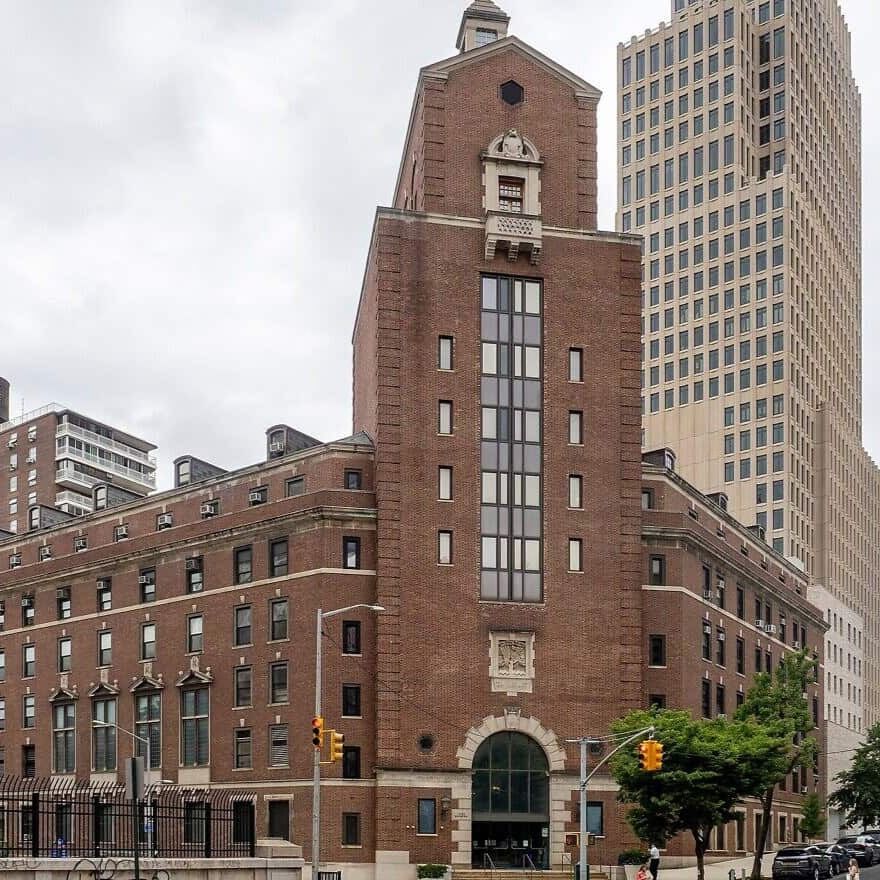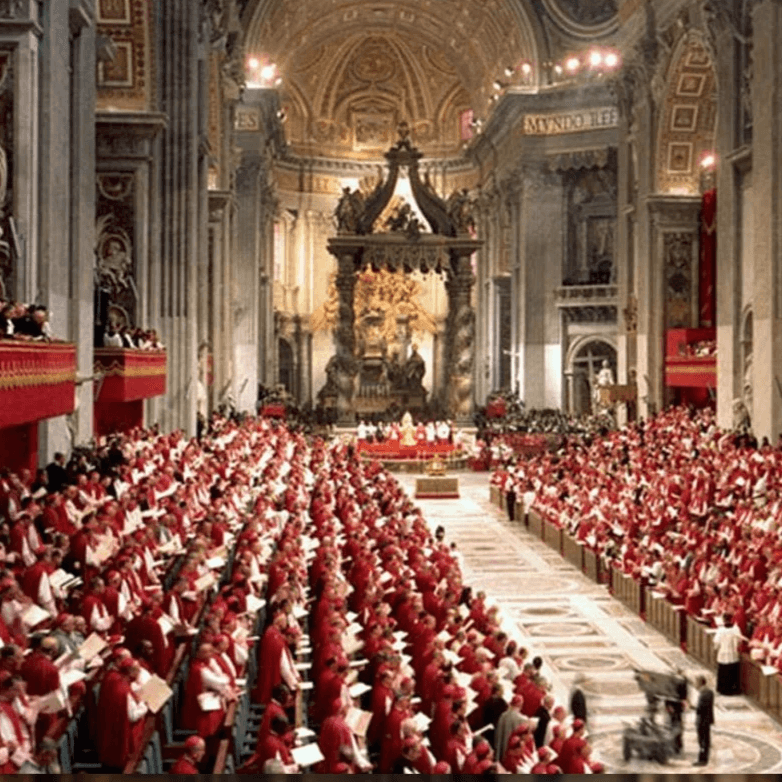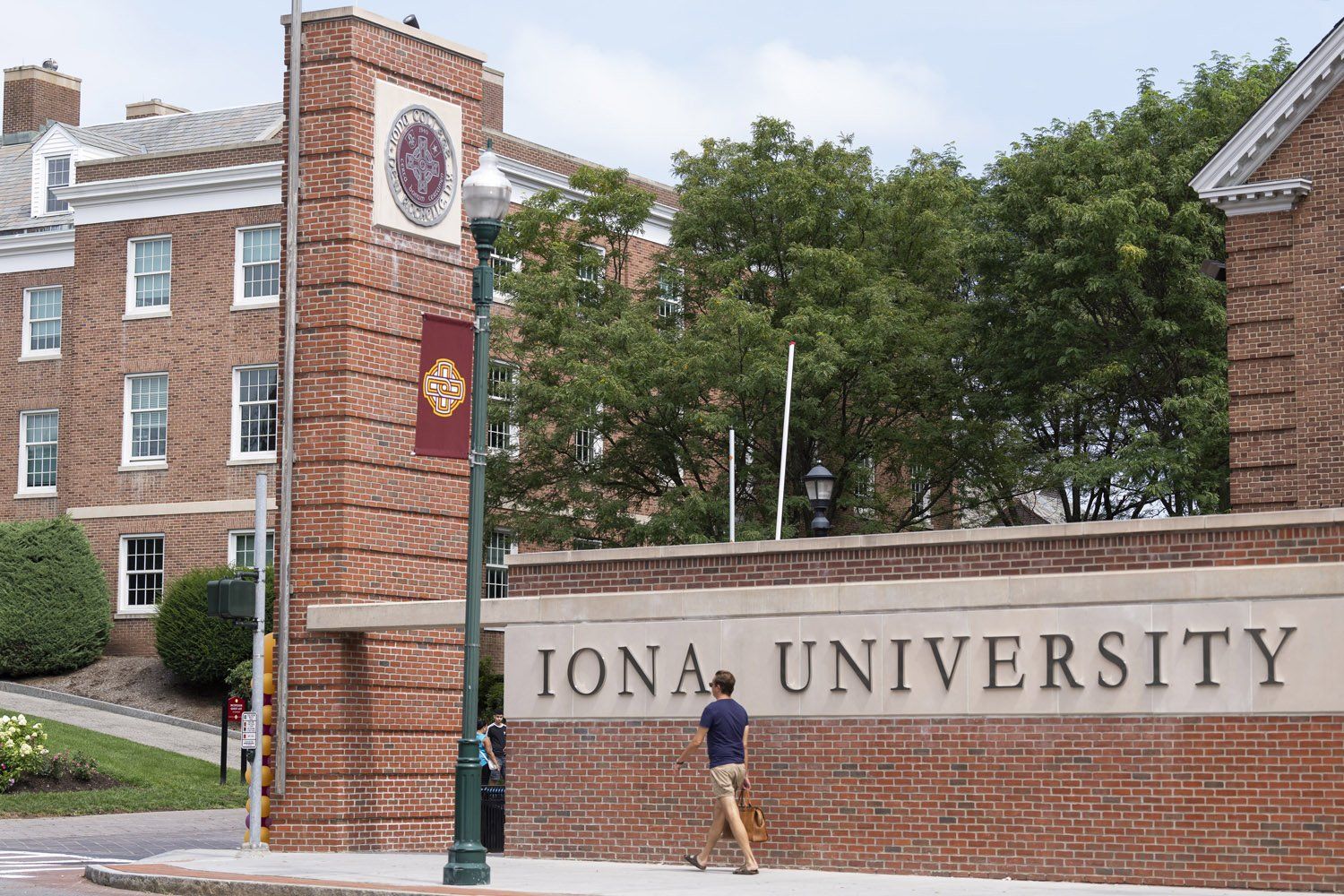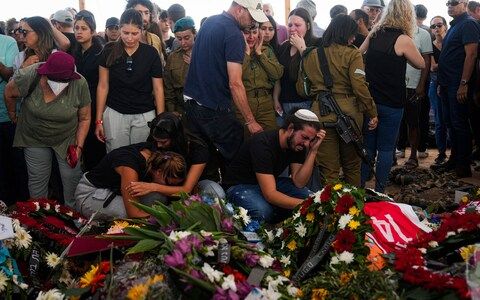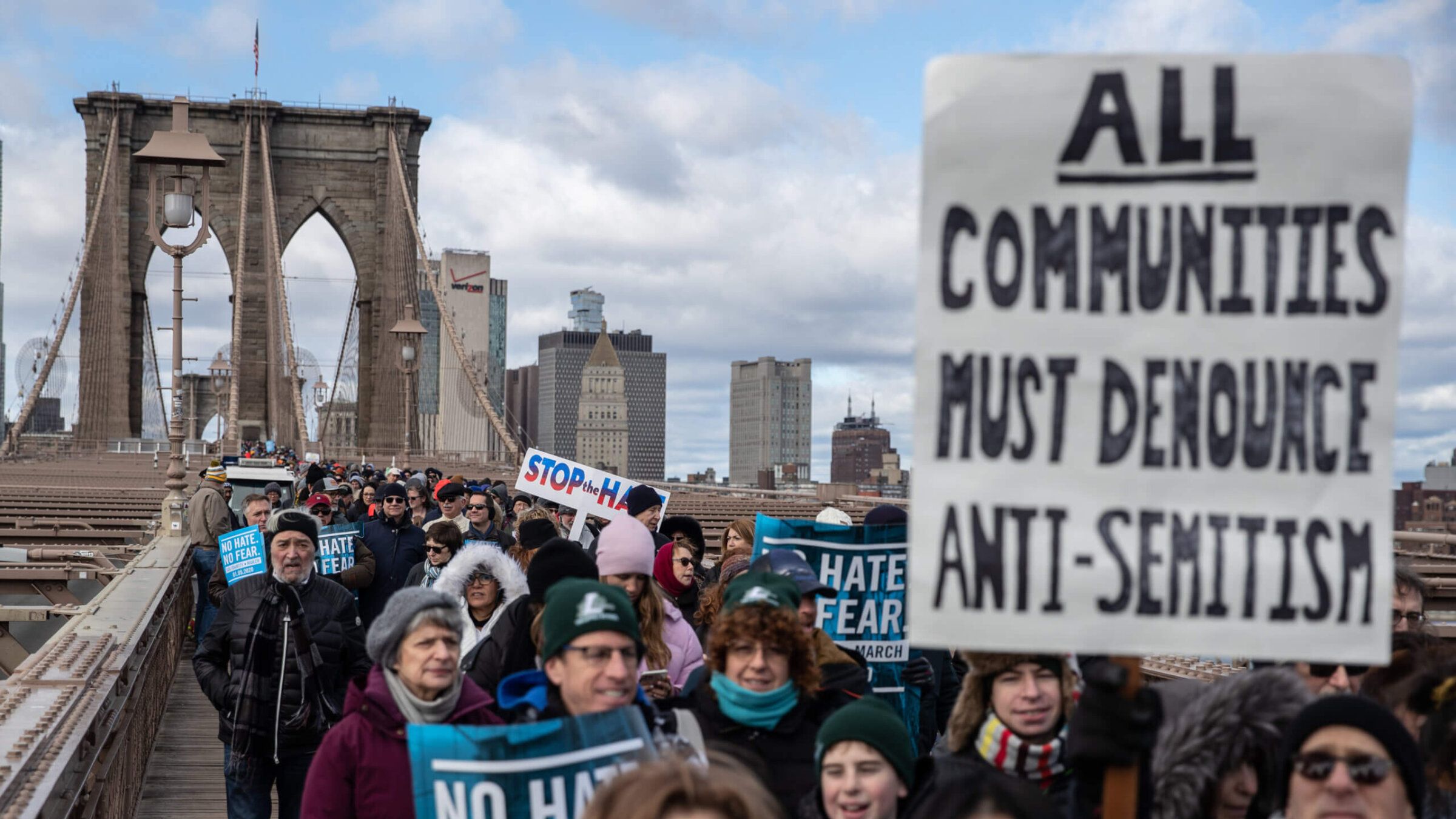| German court quashes appeal by Holocaust-denying bishop | September 23, 2013 | Agence France-Presse |
| Italian SSPX: Pope Francis in Lampedusa | July 19, 2013 | Mauro Tranqillo |
| Declaration on the occasion of the 25th anniversary of the [SSPX] episcopal consecrations | June 27, 2013 | SSPX Bishops |
| The pope’s unfinished business: Outreach to traditionalist SSPX | March 5, 2013 | RNS: Alessandro Speciale |
| CCCB comment on reported remarks by Bishop Fellay | January 17, 2013 | Canadian Conference of Catholic Bishops |
| "Unthinkable" to Question the Council | January 15, 2013 | Cardinal Kurt Koch |
| Letter to Members of USCCB Catholic-Jewish Dialogues | January 15, 2013 | Bishop Denis J. Madden |
| Calling Jews 'enemies' is 'unacceptable,' Vatican spokesman says | January 8, 2013 | CNS: Carol Glatz |
| ADL Calls Head of Catholic Sect an 'Unrepentant Anti-Semite' After He Declares Jews 'Enemies of the Church' | January 8, 2013 | Anti-Defamation League |
| SSPX head says Vatican sent mixed messages during reconciliation talks | January 7, 2013 | CNS: Carol Glatz |
| SSPX USA on Bishop Fellay's comment "enemies of the Church" | January 5, 2013 | SSPX USA DIstrict |
| SSPX head on Jews as "enemies of the church" | December 28, 2012 | (SSPX) Bishop Bernard Fellay |
| The Permanent Value of Nostra Aetate | November 8, 2012 | Cardinal Kurt Koch |
| Declaration of the Pontifical Commission "Ecclesia Dei" | October 27, 2012 | Ecclesia Dei Commission |
| ADL Welcomes Expulsion Of Holocaust Denying Bishop From Traditionalist Catholic Sect | October 24, 2012 | Anti-Defamation League |
| Pope's Bid to Win Over Catholic Rebels Seems at Dead End | September 30, 2012 | Reuters: Tom Heneghan |
| A new chapter in the Society of St. Pius X saga | July 2, 2012 | Lisa Palmieri-Billig |
| Traditionalists and Rome strike contrasting notes on Jews | May 16, 2012 | CNS: Francis X. Rocca |
| Communiqué on the Society of St. Pius X | March 16, 2012 | Holy See Press Office |
| Jews worried by Vatican gesture to traditionalists | September 16, 2011 | AP: Nicole Winfield |


